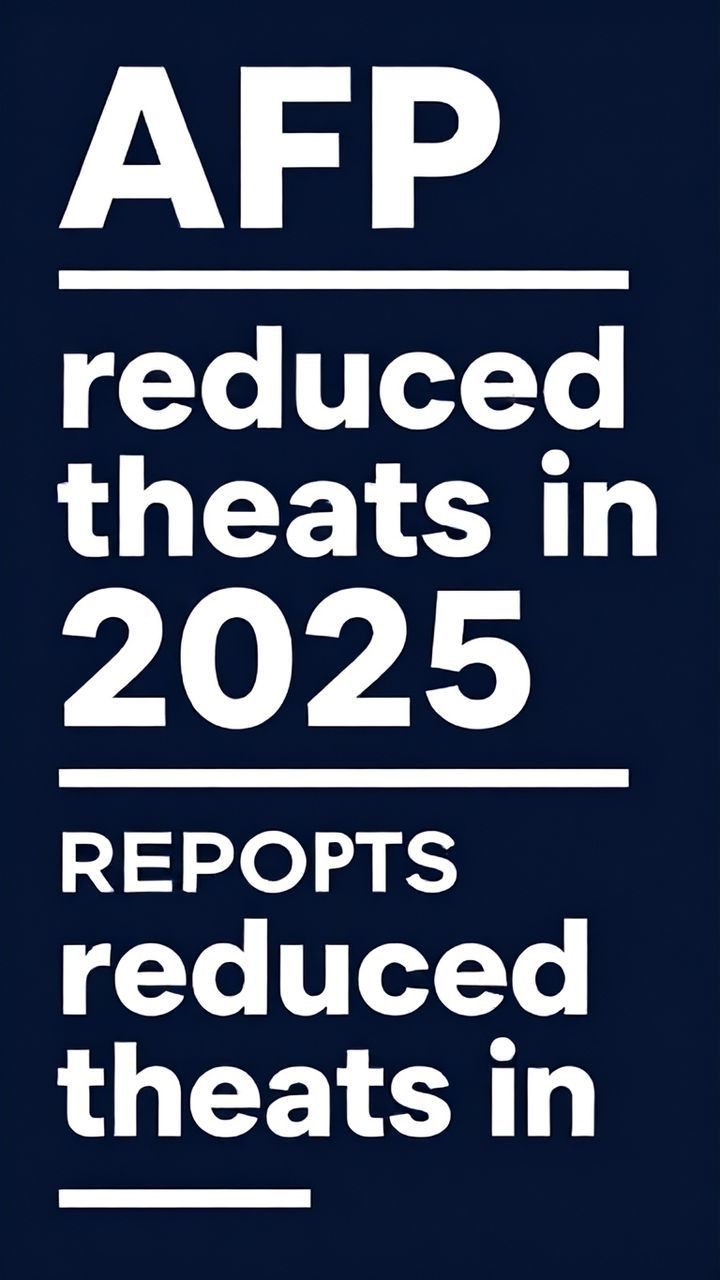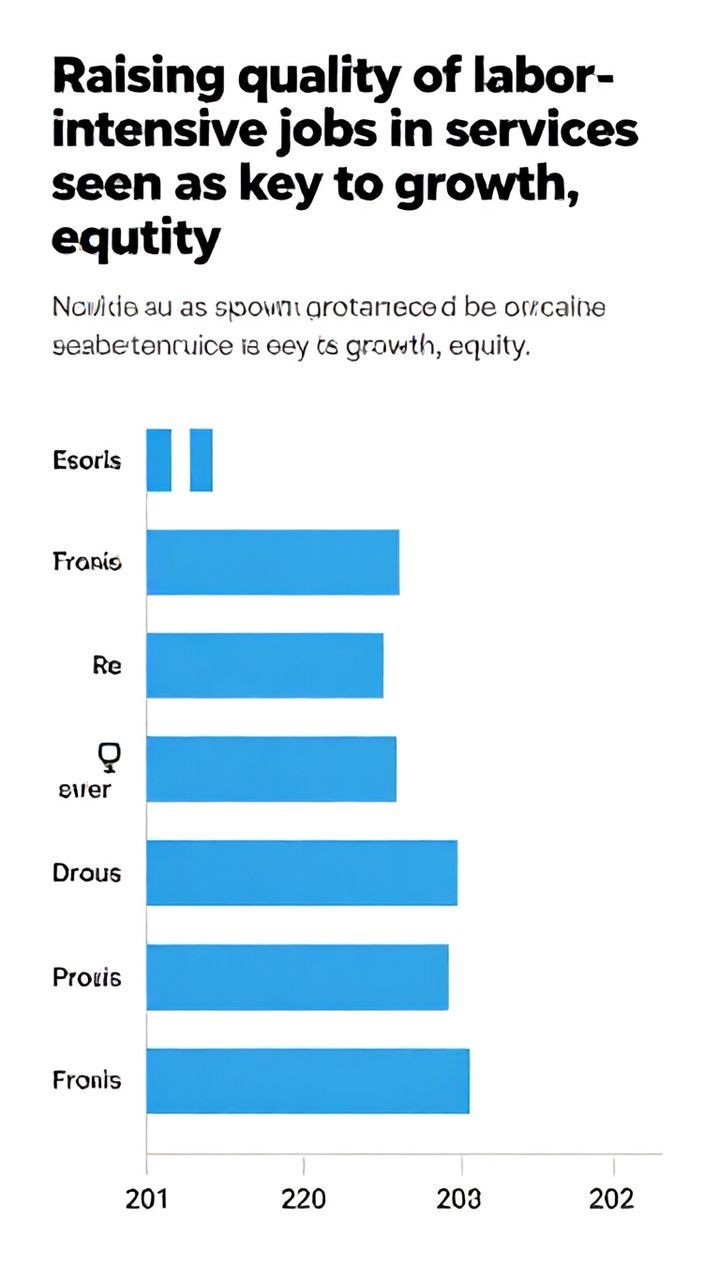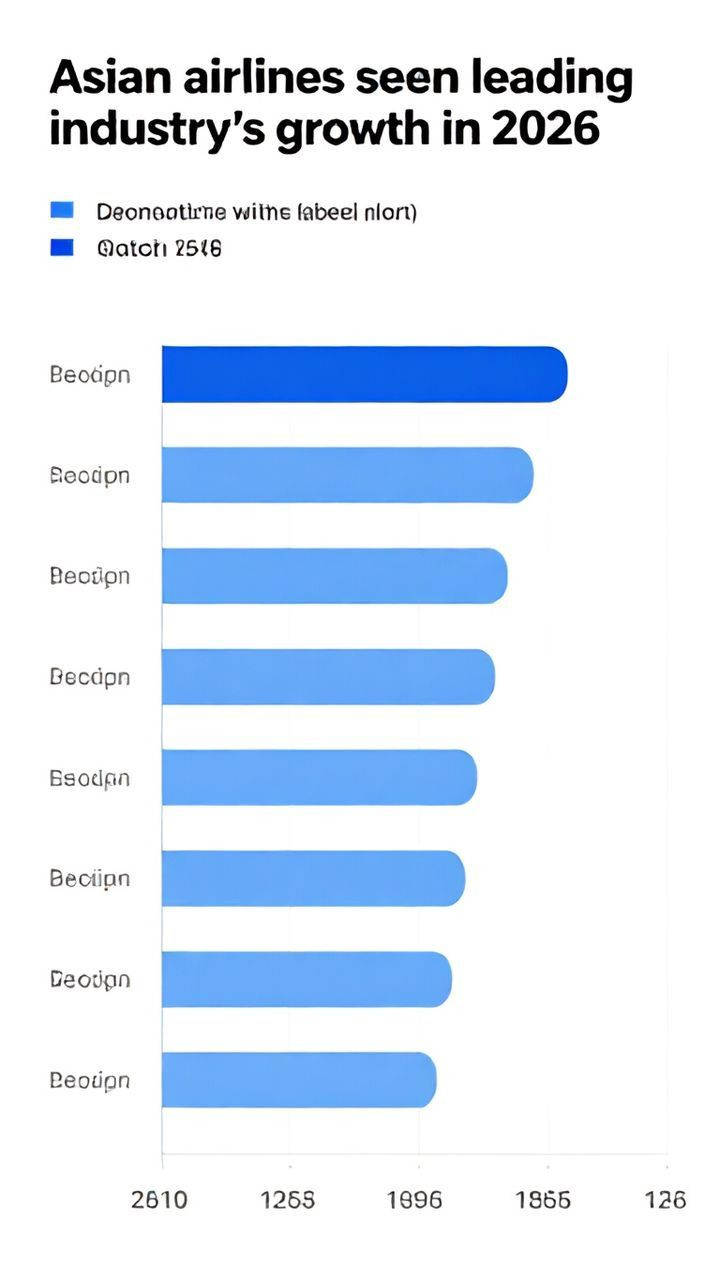
Title: Navigating the Threat: Filipino Communities in Southern California Mobilize Against Wildfire Risks with Vigilance and Solidarity Introduction: In an era marked by the escalating challenges of climate change, communities worldwide are increasingly vigilant against the ravages of natural disasters, including wildfires. In Southern California, a significant portion of the population is of Filipino descent, many of whom have strong community ties and cultural roots in the region. With the recent 'red flag' advisories signaling heightened fire risks, these communities are particularly attentive. This article delves into the proactive measures Filipino residents are taking to ensure their safety and preparedness against the threat of wildfires. Understanding Red Flag Warnings: A 'red flag' warning is a critical alert issued by meteorologists indicating a period of elevated fire risk due to specific environmental conditions. These conditions—such as strong winds, low humidity, and abundant dry vegetation—can lead to rapid and uncontrolled wildfire spread. The Philippine Consulate General (PCG) in Los Angeles has issued a timely advisory for Filipino residents in parts of Los Angeles and Ventura Counties, where such warnings are active until January 15th. The Particularly Dangerous Situation (PDS) Red Flag Warning: The PCG's advisory emphasizes the gravity of a PDS red flag warning, which denotes conditions even more conducive to wildfires. Affected areas, including the Western San Gabriel Mountains, I5 Corridor, South Ventura Mountains, Santa Susana Mountains, Ventura Valleys, Western Santa Monicas, Northern San Fernando Valley, and Ventura County Coastal Plain, are at an increased risk of significant wildfires during this time. Community Alert and Response: The resilience of the Filipino community in Southern California is exemplified by their collective response to 'red flag' advisories. Residents are urged to stay informed about weather conditions and potential evacuations, ensuring they remain aware of the evolving threat landscape. The Role of the Philippine Consulate General: Despite the daunting nature of the wildfire threat, the PCG has reaffirmed its commitment to uninterrupted consular services for the Filipino community. The consulate's proactive approach includes conducting assessments at evacuation centers and offering support to those impacted by the fires. This demonstrates a steadfast dedication to the well-being of Filipino Americans during this critical juncture. Client Engagement and Flexibility: The PCG has ensured that clients with scheduled appointments can maintain access to consular services, highlighting the importance of continuity in times of crisis. For those hindered by wildfire disruptions, the consulate offers understanding and the option to reschedule their appointments at a later, safer date. Preparedness and Safety Measures: The safety of the Filipino community is paramount, and preparedness is key. The PCG advises residents to prepare emergency plans, establish evacuation routes, and stay informed about local fire advisories. It is crucial for individuals to have essential supplies ready and to be familiar with the nearest safe zones. The Role of Support Networks in Times of Crisis: In times of crisis, the strength of community support networks becomes evident. Filipino communities in Southern California are rallying together, offering resources, emotional support, and mutual aid to one another as they face the challenges posed by wildfires. Technological Innovations in Disaster Preparedness: The integration of technology plays a pivotal role in disaster preparedness. From early warning systems to real-time communication apps, these tools help communities stay informed and connected during emergencies. Filipino residents are encouraged to leverage such innovations to enhance their readiness and response capabilities. A Call to Action for a Safer Future: As we progress towards 2025 and beyond, it is imperative that we invest in education, preparedness, and community support to ensure that Filipinos in Southern California—and all communities at risk—are well-equipped to manage 'red flag' warnings and other emergencies. By working together and utilizing available resources, we can foster a safer and more resilient society for everyone. Conclusion: In conclusion, the Filipino communities in Southern California are demonstrating remarkable resilience and solidarity in the face of wildfire threats. Through vigilance, preparedness, and support from each other and local authorities, these residents are proving that even in the most challenging circumstances, a community can come together to protect its members and safeguard its future. Let us all commit to these principles to safeguard our communities against future 'red flag' warnings and beyond.
Title: Navigating the Threat: Filipino Communities in Southern California Mobilize Against Wildfire Risks with Vigilance and Solidarity Introduction: In an era marked by the escalating challenges of climate change, communities worldwide are increasingly vigilant against the ravages of natural disasters, including wildfires. In Southern California, a significant portion of the population is of Filipino descent, many of whom have strong community ties and cultural roots in the region. With the recent 'red flag' advisories signaling heightened fire risks, these communities are particularly attentive. This article delves into the proactive measures Filipino residents are taking to ensure their safety and preparedness against the threat of wildfires. Understanding Red Flag Warnings: A 'red flag' warning is a critical alert issued by meteorologists indicating a period of elevated fire risk due to specific environmental conditions. These conditions—such as strong winds, low humidity, and abundant dry vegetation—can lead to rapid and uncontrolled wildfire spread. The Philippine Consulate General (PCG) in Los Angeles has issued a timely advisory for Filipino residents in parts of Los Angeles and Ventura Counties, where such warnings are active until January 15th. The Particularly Dangerous Situation (PDS) Red Flag Warning: The PCG's advisory emphasizes the gravity of a PDS red flag warning, which denotes conditions even more conducive to wildfires. Affected areas, including the Western San Gabriel Mountains, I5 Corridor, South Ventura Mountains, Santa Susana Mountains, Ventura Valleys, Western Santa Monicas, Northern San Fernando Valley, and Ventura County Coastal Plain, are at an increased risk of significant wildfires during this time. Community Alert and Response: The resilience of the Filipino community in Southern California is exemplified by their collective response to 'red flag' advisories. Residents are urged to stay informed about weather conditions and potential evacuations, ensuring they remain aware of the evolving threat landscape. The Role of the Philippine Consulate General: Despite the daunting nature of the wildfire threat, the PCG has reaffirmed its commitment to uninterrupted consular services for the Filipino community. The consulate's proactive approach includes conducting assessments at evacuation centers and offering support to those impacted by the fires. This demonstrates a steadfast dedication to the well-being of Filipino Americans during this critical juncture. Client Engagement and Flexibility: The PCG has ensured that clients with scheduled appointments can maintain access to consular services, highlighting the importance of continuity in times of crisis. For those hindered by wildfire disruptions, the consulate offers understanding and the option to reschedule their appointments at a later, safer date. Preparedness and Safety Measures: The safety of the Filipino community is paramount, and preparedness is key. The PCG advises residents to prepare emergency plans, establish evacuation routes, and stay informed about local fire advisories. It is crucial for individuals to have essential supplies ready and to be familiar with the nearest safe zones. The Role of Support Networks in Times of Crisis: In times of crisis, the strength of community support networks becomes evident. Filipino communities in Southern California are rallying together, offering resources, emotional support, and mutual aid to one another as they face the challenges posed by wildfires. Technological Innovations in Disaster Preparedness: The integration of technology plays a pivotal role in disaster preparedness. From early warning systems to real-time communication apps, these tools help communities stay informed and connected during emergencies. Filipino residents are encouraged to leverage such innovations to enhance their readiness and response capabilities. A Call to Action for a Safer Future: As we progress towards 2025 and beyond, it is imperative that we invest in education, preparedness, and community support to ensure that Filipinos in Southern California—and all communities at risk—are well-equipped to manage 'red flag' warnings and other emergencies. By working together and utilizing available resources, we can foster a safer and more resilient society for everyone. Conclusion: In conclusion, the Filipino communities in Southern California are demonstrating remarkable resilience and solidarity in the face of wildfire threats. Through vigilance, preparedness, and support from each other and local authorities, these residents are proving that even in the most challenging circumstances, a community can come together to protect its members and safeguard its future. Let us all commit to these principles to safeguard our communities against future 'red flag' warnings and beyond.
Title: Navigating the Threat: Filipino Communities in Southern California Mobilize Against Wildfire Risks with Vigilance and Solidarity Introduction: In an era marked by the escalating challenges of climate change, communities worldwide are increasingly vigilant against the ravages of natural disasters, including wildfires. In Southern California, a significant portion of the population is of Filipino descent, many of whom have strong community ties and cultural roots in the region. With the recent 'red flag' advisories signaling heightened fire risks, these communities are particularly attentive. This article delves into the proactive measures Filipino residents are taking to ensure their safety and preparedness against the threat of wildfires. Understanding Red Flag Warnings: A 'red flag' warning is a critical alert issued by meteorologists indicating a period of elevated fire risk due to specific environmental conditions. These conditions—such as strong winds, low humidity, and abundant dry vegetation—can lead to rapid and uncontrolled wildfire spread. The Philippine Consulate General (PCG) in Los Angeles has issued a timely advisory for Filipino residents in parts of Los Angeles and Ventura Counties, where such warnings are active until January 15th. The Particularly Dangerous Situation (PDS) Red Flag Warning: The PCG's advisory emphasizes the gravity of a PDS red flag warning, which denotes conditions even more conducive to wildfires. Affected areas, including the Western San Gabriel Mountains, I5 Corridor, South Ventura Mountains, Santa Susana Mountains, Ventura Valleys, Western Santa Monicas, Northern San Fernando Valley, and Ventura County Coastal Plain, are at an increased risk of significant wildfires during this time. Community Alert and Response: The resilience of the Filipino community in Southern California is exemplified by their collective response to 'red flag' advisories. Residents are urged to stay informed about weather conditions and potential evacuations, ensuring they remain aware of the evolving threat landscape. The Role of the Philippine Consulate General: Despite the daunting nature of the wildfire threat, the PCG has reaffirmed its commitment to uninterrupted consular services for the Filipino community. The consulate's proactive approach includes conducting assessments at evacuation centers and offering support to those impacted by the fires. This demonstrates a steadfast dedication to the well-being of Filipino Americans during this critical juncture. Client Engagement and Flexibility: The PCG has ensured that clients with scheduled appointments can maintain access to consular services, highlighting the importance of continuity in times of crisis. For those hindered by wildfire disruptions, the consulate offers understanding and the option to reschedule their appointments at a later, safer date. Preparedness and Safety Measures: The safety of the Filipino community is paramount, and preparedness is key. The PCG advises residents to prepare emergency plans, establish evacuation routes, and stay informed about local fire advisories. It is crucial for individuals to have essential supplies ready and to be familiar with the nearest safe zones. The Role of Support Networks in Times of Crisis: In times of crisis, the strength of community support networks becomes evident. Filipino communities in Southern California are rallying together, offering resources, emotional support, and mutual aid to one another as they face the challenges posed by wildfires. Technological Innovations in Disaster Preparedness: The integration of technology plays a pivotal role in disaster preparedness. From early warning systems to real-time communication apps, these tools help communities stay informed and connected during emergencies. Filipino residents are encouraged to leverage such innovations to enhance their readiness and response capabilities. A Call to Action for a Safer Future: As we progress towards 2025 and beyond, it is imperative that we invest in education, preparedness, and community support to ensure that Filipinos in Southern California—and all communities at risk—are well-equipped to manage 'red flag' warnings and other emergencies. By working together and utilizing available resources, we can foster a safer and more resilient society for everyone. Conclusion: In conclusion, the Filipino communities of Southern California are not just navigating the immediate threat of wildfires but also setting a precedent for disaster preparedness that can serve as a model for years to come. Through vigilance, community solidarity, and adaptive strategies, these residents are proving that with the right preparation and support, even the most daunting challenges can be overcome. Let us all commit to these principles to safeguard our communities against future 'red flag' warnings and beyond.





